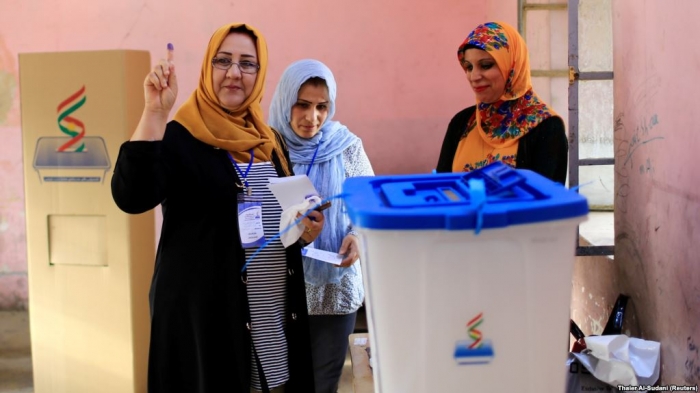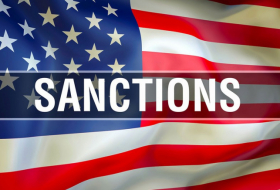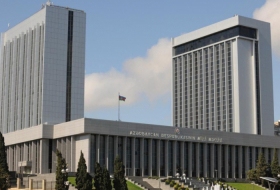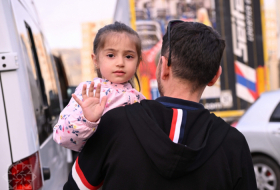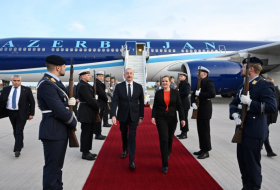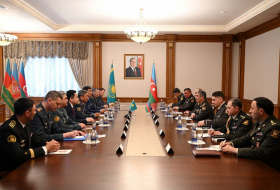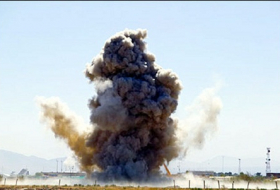But the president of the regional government, Masud Barzani, has said the nonbinding vote is the first step in a long process to negotiate independence for the region, which has been autonomous since 1991 and has played a major role in the war against Islamic extremists.
The ballots that voters were asked to considered had one question on it, written in Kurdish, Turkish, Arabic, and Assyrian: "Do you want the Kurdistan region and Kurdistani areas outside the [Kurdistan] region to become an independent country?"
Preliminary results were expected as early as September 26, and final results by September 28, the agency supervising the vote said. Still, there appeared to be little doubt there would be an overwhelming "yes" from the region's 5.3 million registered voters.
Local TV said 78 percent of eligible voters participated.
Iraqi Prime Minister Haidar al-Abadi said on September 25 that he ordered security forces "to protect citizens being coerced" in the northern Kurdish region.
Abadi said Baghdad would take the "necessary measures" to protect the unity of the country, warning that the vote ''could lead to ethnic divisions, exposing [the Iraqis] to disastrous dangers that only God knows.''
UN, Western Concerns
The United Nations, and the United States and other Western powers have expressed concern that the referendum would pull attention away from the war against Islamic State (IS) militants.
The referendum took place in the three provinces that officially make up the Kurdish autonomous region -- Dahuk, Irbil, and Sulaymaniyah -- and some neighboring areas.
These areas include disputed cities such as oil-rich Kirkuk, Makhmour, Khanaqin, and Sinjar, over which Kurdish Peshmerga fighters have established control while fighting against IS militants who captured large parts of Iraq in 2014.
"The partnership with Baghdad has failed and we will not return to it," Barzani told a news conference on September 24.
The referendum is also opposed by neighboring Turkey and Iran, both of which have sizable Kurdish minorities. Turkey has waged a war against Kurdish militants within its borders for years.
Turkey's Foreign Ministry said Ankara will take "all measures" under international law if the Iraqi Kurdish independence referendum generates threats to Turkey's national security.
The ministry said it did not recognize the referendum and accused the Kurdish regional government of threatening the peace and stability of Iraq and the whole region.
Kurdish leader Masud Barzani (right) with Iraqi Prime Minister Haidar al-Abadi in 2015.Kurdish leader Masud Barzani (right) with Iraqi Prime Minister Haidar al-Abadi in 2015.
According to a statement published by Abadi's office, the Iraqi government has asked the Kurdish region to hand over international border posts and its international airports.
It called on foreign countries to deal with Iraq's central government in regard to airports and borders and to stop oil trading with Kurdish regional authorities.
More about: #Kurdistan #kurdishreferandum #kurdishindependence








